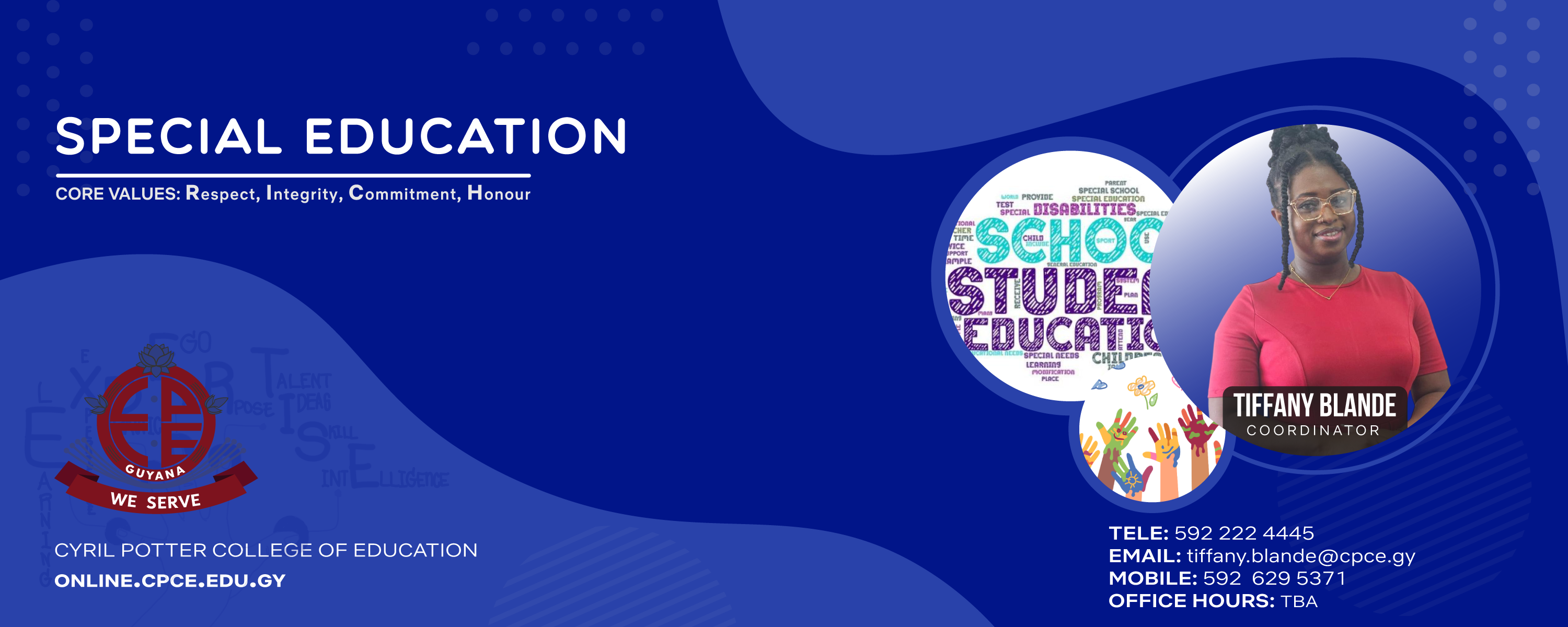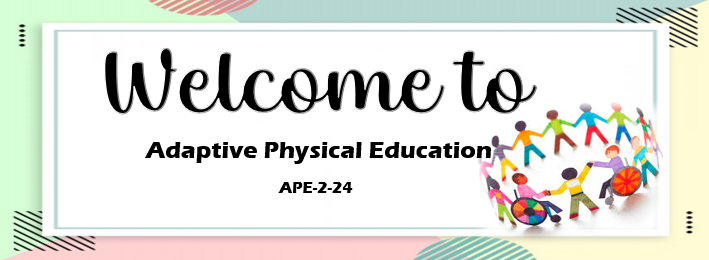Special Education

Course image
Course summary text:
This course provides students with the basic knowledge Deaf Education, Deaf culture, and the ...
Special Education
Course image
Course summary text:
Special Education
Course image
Course summary text:
Special Education
Course image
Course summary text:
Special Education
Course image
Course summary text:

Adaptive Physical Education (APE) is a specialized program that caters to the unique physical ...
Special Education
Course image
Course summary text:
Special Education
Course image
Course summary text:
Special Education